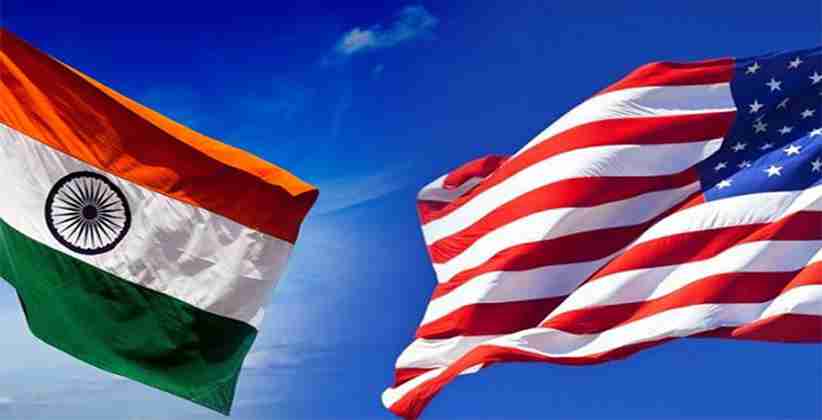The US government has initiated scrutiny against India and 9 other exchanging accomplices for an 'unreasonable' and 'unfair' advanced assistance charge contrarily influencing US Commerce. In an announcement given by the US government, United States Trade Representative Robert Lighthizer said that President Trump was worried about the out of line treatment allotted to US organizations.
"We are prepared to take all appropriate action to defend our business and workers against any such discrimination", he said. The United States Trade Representative has initiated a probe under Section 301 of the 1974 Trade Act, which may entail action in the form of reciprocal tariffs on countries under investigation.
The US Trade Representative's office has started an examination with respect to Digital Services Taxes received or being considered by India, Austria, Brazil, Czech Republic, European Union, Indonesia, Italy, Spain, Turkey, and the United Kingdom.Currently, India levies a 6% tax in the form of equalization levy on digital companies advertising revenue. Apart from that, the Indian government had recently also expanded the scope of the equalization levy imposed on cross border digital transactions in 2016 in a bid to tax internet giants' digital advertising revenues from India to include any purchase by an Indian or India-based entity through an overseas e-commerce platform with effect from 1st April 2020.
Presently, numerous organizations dread that a wide range of exchanges including Hotel reservation appointments, programming buy, and, in any event, purchasing certain segments from abroad could go under the extent of leveling because of the manner in which the law is worded, specialists said.
The United States administration in 2018 had said that worldwide computerized organizations have a huge buyer base in India. They, however, do not pay enough expenses locally. There is a worldwide push to bring the advanced goliaths under the ambit of nearby duties. Numerous such organizations intentionally base themselves in low-charge purviews. India has thought of a noteworthy monetary nearness system, whereby it can burden worldwide companies contemplating their client base, a move questioned by the US.
The move seeks to determine whether levies on electronic commerce discriminate against American tech giants like Apple Inc., Alphabet Inc.s Google, and Amazon.com Inc.
The new expansion will apply a 2 percent rate on revenues of e-commerce operators and suppliers. The change will come into effect 1st April 2020 and essentially expand the equalization levy from online advertising to just about all online commerce worn out in India by businesses that don't have a taxable presence in the country.
Just as with the initial proposal, this expansion only applies to non-resident companies. All non-resident e-commerce companies that sell over INR 2 crore ($267,000) of in-scope goods or services to Indian customers are subject to the tax.
In addition to the equalization levy, India introduced a brand-new nexus test within the 2018-2019 twelvemonth. The test defines significant economic presence (SEP) for the needs of corporate taxation. The income of non-resident businesses is often as a result of India for digital transactions by non-residents in India above a payment threshold or systematic and continuous business solicitation and user engagement in India using digital platforms.






